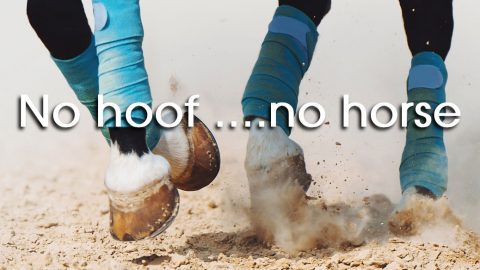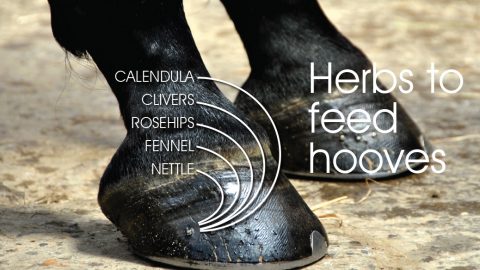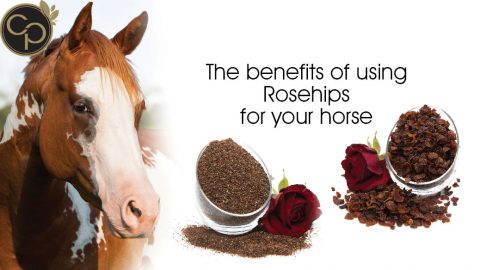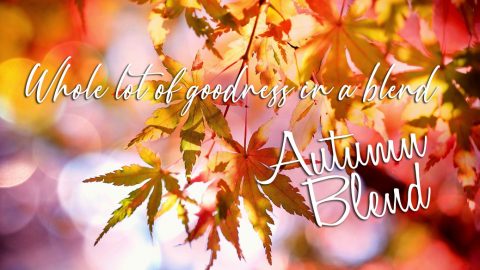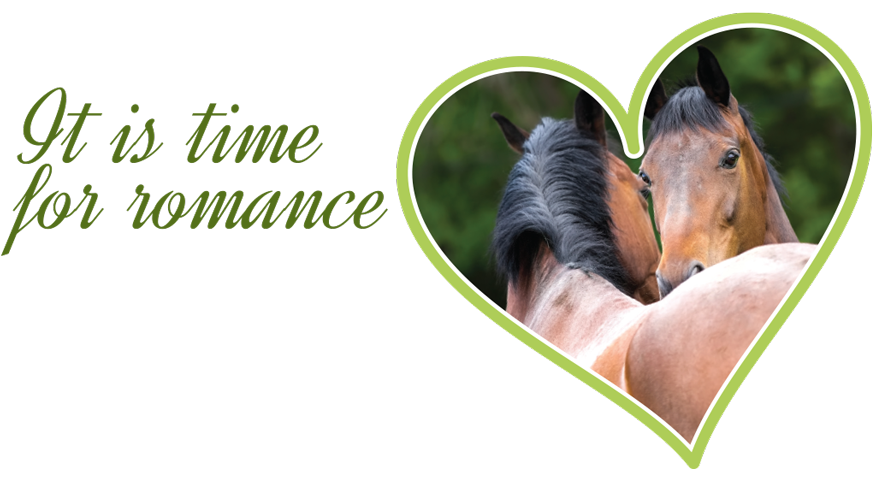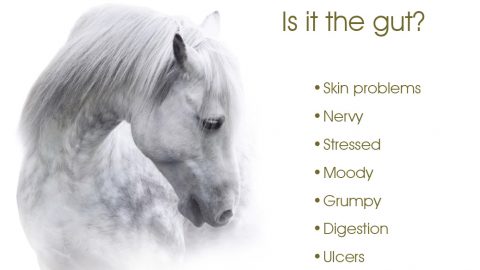From a herbal perspective we don’t necessarily suggest herbs for a specific problem. For example if your horse has Queensland Itch, the herbs you use with your horse may not be the same as the herbs your neighbour choses for his horse. This is because a herbalist looks at the whole horse and often the expression of itchy skin gives other indicators that help the herbalist decide the best possible combination in each case.
I am going to address itchy skin conditions rather than looking at individual ‘diseases’ to help you tailor your own approach to any horse who has an ‘itch’.
When looking at the whole body, a skin issue can be a sign that there is a need to support the lungs, liver, kidneys or bowel. My first question with itchy skin is “what are your horse’s poops like”. If they are not healthy, then we need to address the digestive tract. I do this with mucilaginous herbs such as marshmallow or slippery elm bark as my cornerstone herbs. If the horse developed an itch after a long term or intense respiratory infection these herbs also have a reflex action on the lungs and its linings so bring tone to the lungs and assist the elimination of toxins via respiration so the skin no longer has to carry the load.
If a horse has a skin problem and has a history where he may have needed cortisone injections for an illness or lifestyle reasons, then we may need to address how the kidneys are eliminating wastes from the body. The herb clivers will assist lymphatic effectiveness.
The liver is the master organ in the body and a liver herb that helps the skin is burdock, you can use this with most skin combinations and I find the shaved root made into an infusion and then poured onto your horse’s feed daily helps address skin issues that may have occurred when the liver has been a bit sluggish.
Itch responds specifically to nettles though some horse may develop urticaria, itchy lumps (nettles botanical name is Urticaria urens) so if your horse’s skin gets worse on nettle please discontinue as he has a sensitivity. However in the majority of cases, nettles helps improve the integrity of the skin so it is less vulnerable to itch.
Topically a decoction of plantain sprayed onto irritated skin will soothe the affected area and if the itch is excessive add to one litre of this brew 5 drops of tea tree essential oil and 10 drops of lavender essential oil. If there is infection present you can add calendula to this decoction and put some in his feed to help from within.
If you horse has rubbed some skin raw you can also add these essential oils to a small amount of aloe vera gel and apply to the area. Tea tree essential oil takes the itch and irritation out of most issues, however you only need a small amount, so to a tablespoon of aloe vera gel you will only need 2 drops of tea tree essential oil with 3 drops of lavender essential oil to help encourage healing.
If your horse has rubbed patches of coat off in his attempt to relive his itch, you can support the regrowth of coat with the biochemic tissue salt silica, this assist the regrowth at a cellular level. Rosehips will also help the condition of your horse’s coat and can be added at any stage of your horse’s recovery.
With repelling insects that may cause some of the itch issues, you may want to consider adding a combination of apple cider vinegar and brewers yeast to your horse’s feed, this combination helps make the blood less tastier to these pests.
©2004 Country Park – Catherine Bird author

